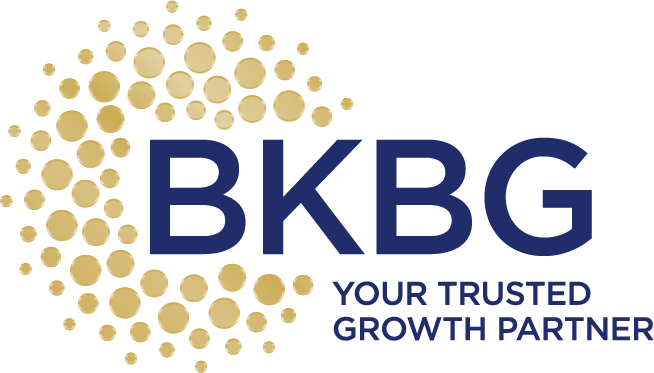The Value of Recognition and Appreciation
Retaining and attracting best-in-class talent have placed a premium on both recognition programs and appreciation activities. Recognition, according to author Mike Robbins, is rewarding results or performance. You can recognize team member with bonuses, raises and promotions for jobs well done. Less formal recognition tools can include a verbal acknowledgment of superior performance; even a shout out at a staff meeting.
Robbins notes that while almost every team member wants to be recognized for superior efforts and results, recognition programs are limited because they are based on past performance. Recognition is not democratic. Your team will not be motivated if everyone gets a participation trophy. As such, only a handful of team members are eligible for recognition and typically for the program to have meaning the recognizer has to be a senior executive.
Appreciation differs from recognition in that it acknowledges a team member’s inherent value. Robbins writes, “In simple terms, recognition is about what people do; appreciation is about who they are.” You can appreciate an effort even if the desired outcome is not realized. When you only focus on results, you miss opportunities to connect and support fellow team members.
How to Actively Appreciate Your Team
Explain to your team members what you value about them. Doing so can positively affect how your team members feel about themselves, their relationship with you and the company and the culture of the team.
Actively listen. Put down your phone. Turn away from your computer. Drop what you are doing when team members want to engage with you. Give them your full, complete and undivided attention.
Check in with your team frequently. When you reach out and ask for status reports, how someone is doing, what can be done to further assist their efforts shows that you care. There are compelling reasons for caring and appreciated. According to a Glassdoor study, 53% of employees said that being appreciated by their boss would help them stay longer at their companies even though 68% said that their boss does show sufficient amount of appreciation. The lesson: more is better.
